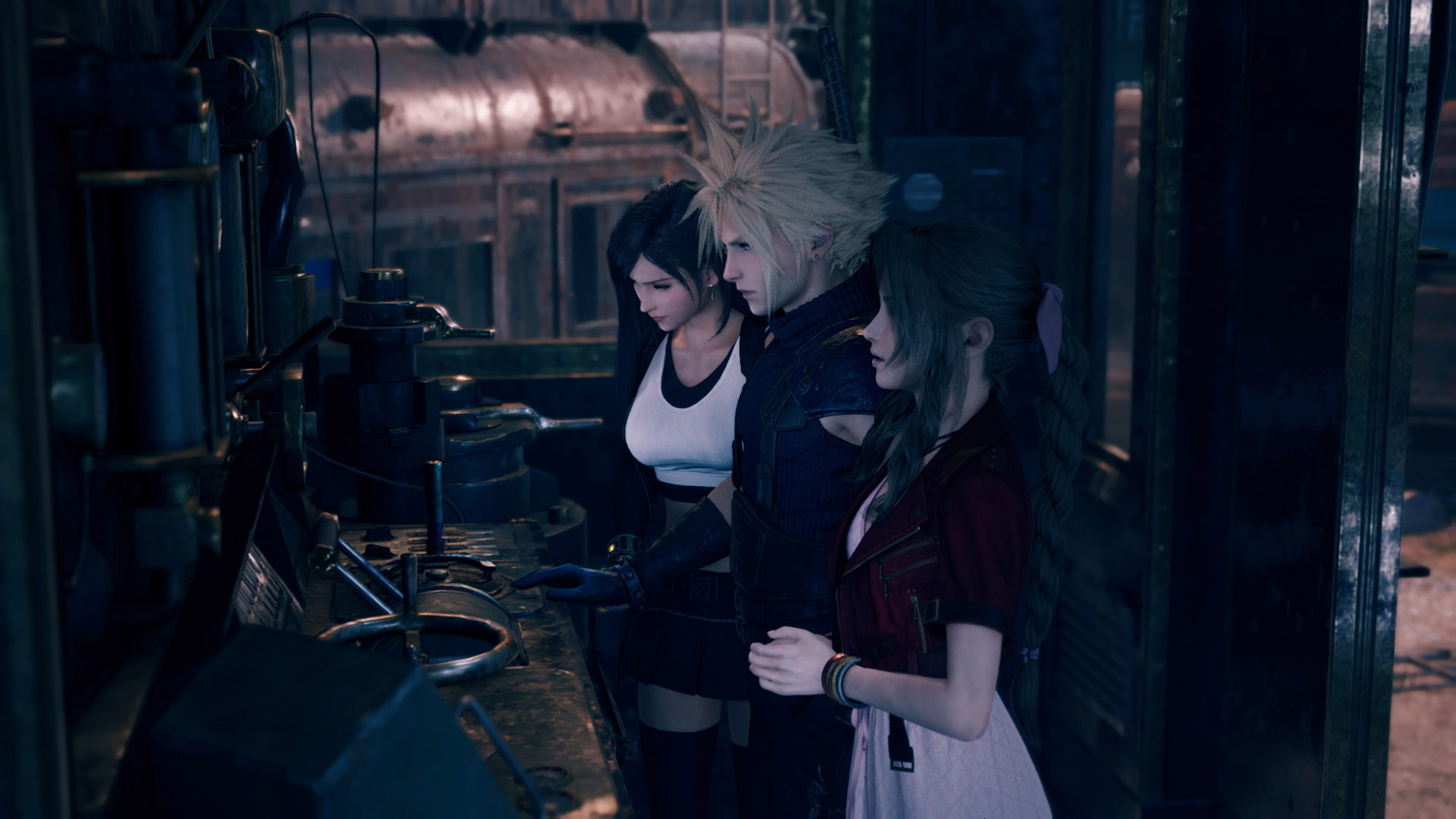
Video game creation is a uniquely collaborative process. A game of the scope and scale of Final Fantasy 7 Remake sees hundreds of creatives across artistic, technical, production, and engineering disciplines from all over the globe rallying around a singular vision. Much of this process is shrouded in a layer of mystery, such is the complexity inherent to the undertaking.
Voice acting is but a small piece of the machine, but it's an integral component. Voiceover (VO) works to bring a script to life and - quite literally - give a voice to carefully designed and animated characters. It's also there to help guide players through, and immerse in, virtual worlds and the situations that unfold within them. It's a difficult job, with actors pushed to bring personality to a performance while ultimately serving the demands of moment-to-moment play.
Britt Baron and Briana White spent some amount of 2019 lending their voices to Final Fantasy 7 Remake, helping to bring Tifa Lockhart and Aerith Gainsborough to life, dubbing the characters for English-language territories. As part of the sweeping conversation GamesRadar+ had with the duo, we also touched on what it is like to work on a project as ambitious as this.
A complex undertaking
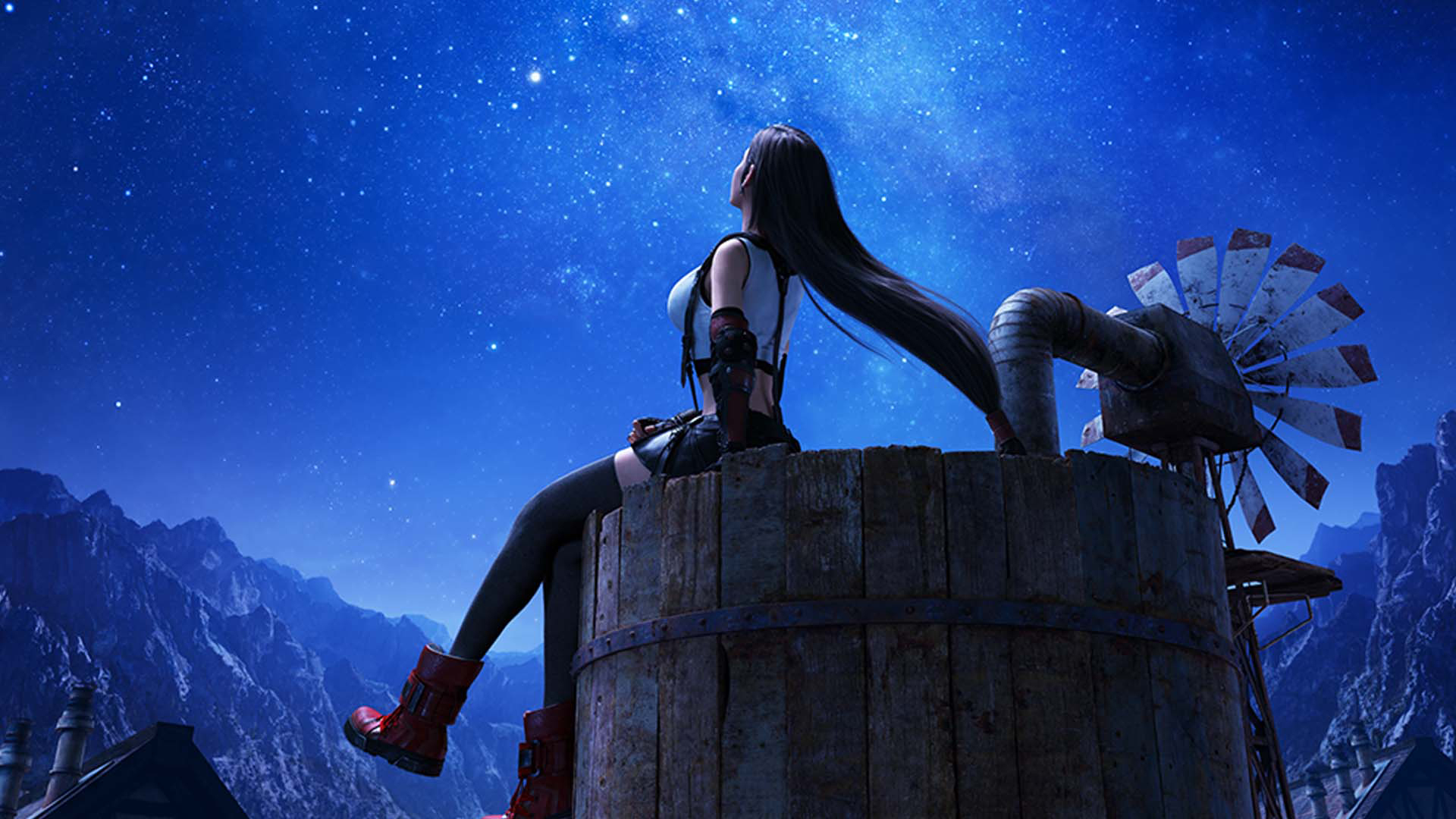
"Logistically, this was incredibly different to any video game that I had done before," Baron tells me, having lent her voice to Destiny 2, Dishonored 2, Skylanders, and Halo 5: Guardians before securing the role of Tifa in Final Fantasy 7 Remake. "That's because it was first recorded in Japanese and we are doing the dubbing. As an actor, it was a different challenge for me! I would hear the line in Japanese first and then I would have to fit the translation in the same amount of time, down to like milliseconds."
Baron is keen to stress the complexity of such an undertaking, although she ultimately sees it as a positive for the quality of the final product. "Luckily, with video games, you get to do each line at least three times, three different ways! So it gives you a luxury, as an actor, to try out different things and you just trust the creatives to choose which option was best."
It's a lengthy process, although she tells me that it has, at least, put other VO work into perspective. "I would wait around while they try and finesse and edit each line to fit. So it was kind of a different process than all other video games I've done, but I liked it! And I feel like moving forward now everything else I do will seem easy."
"I actually went – during [the recording of] Final Fantasy – and did some non-player characters and other video games. I was like, wow, this is crazy," she continues, laughing. "There's no parameters... they are like, 'you can add lines; Who cares!' and I thought 'oh my god.'"
Sign up to the GamesRadar+ Newsletter
Weekly digests, tales from the communities you love, and more
Getting behind the microphone
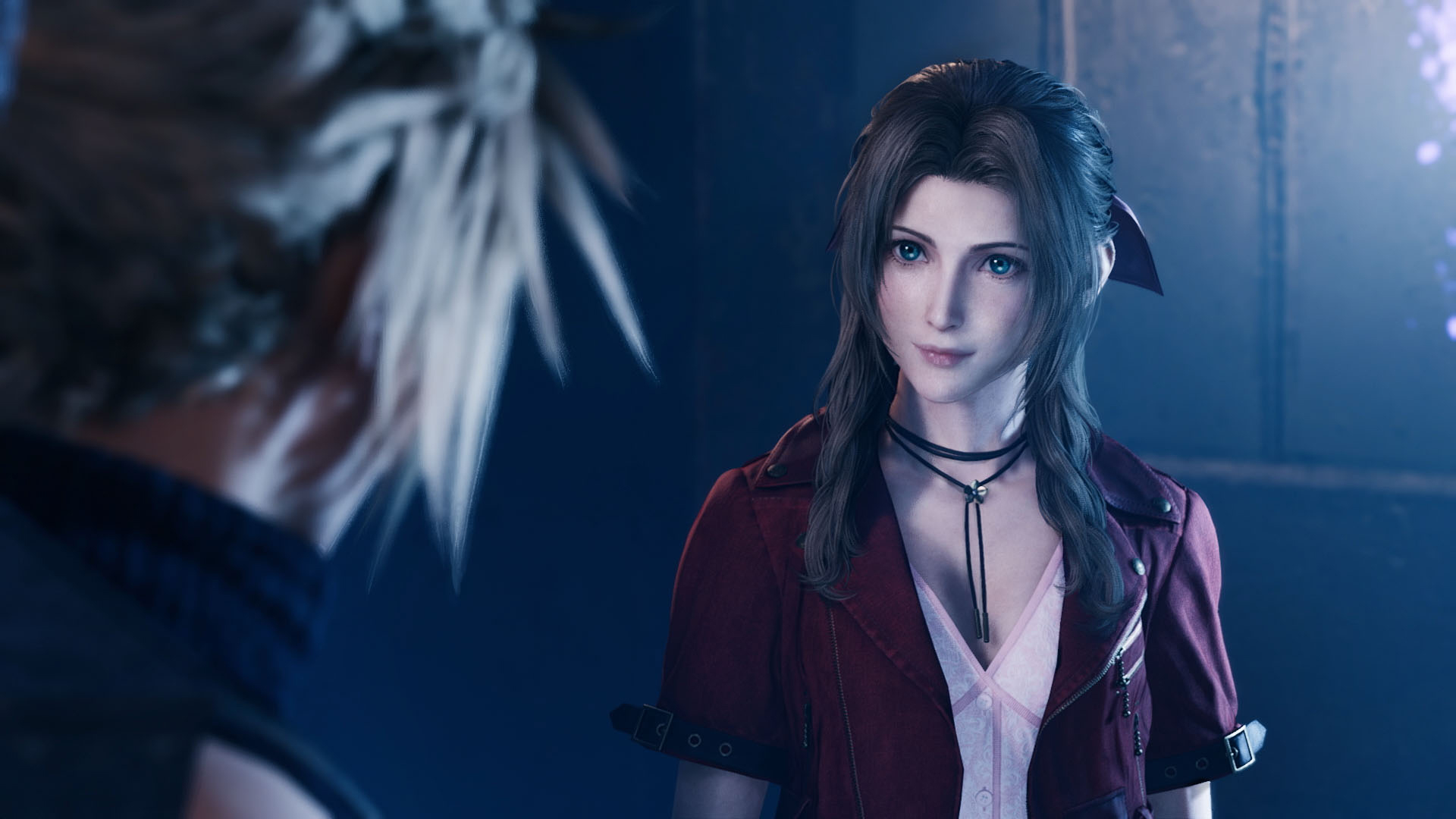
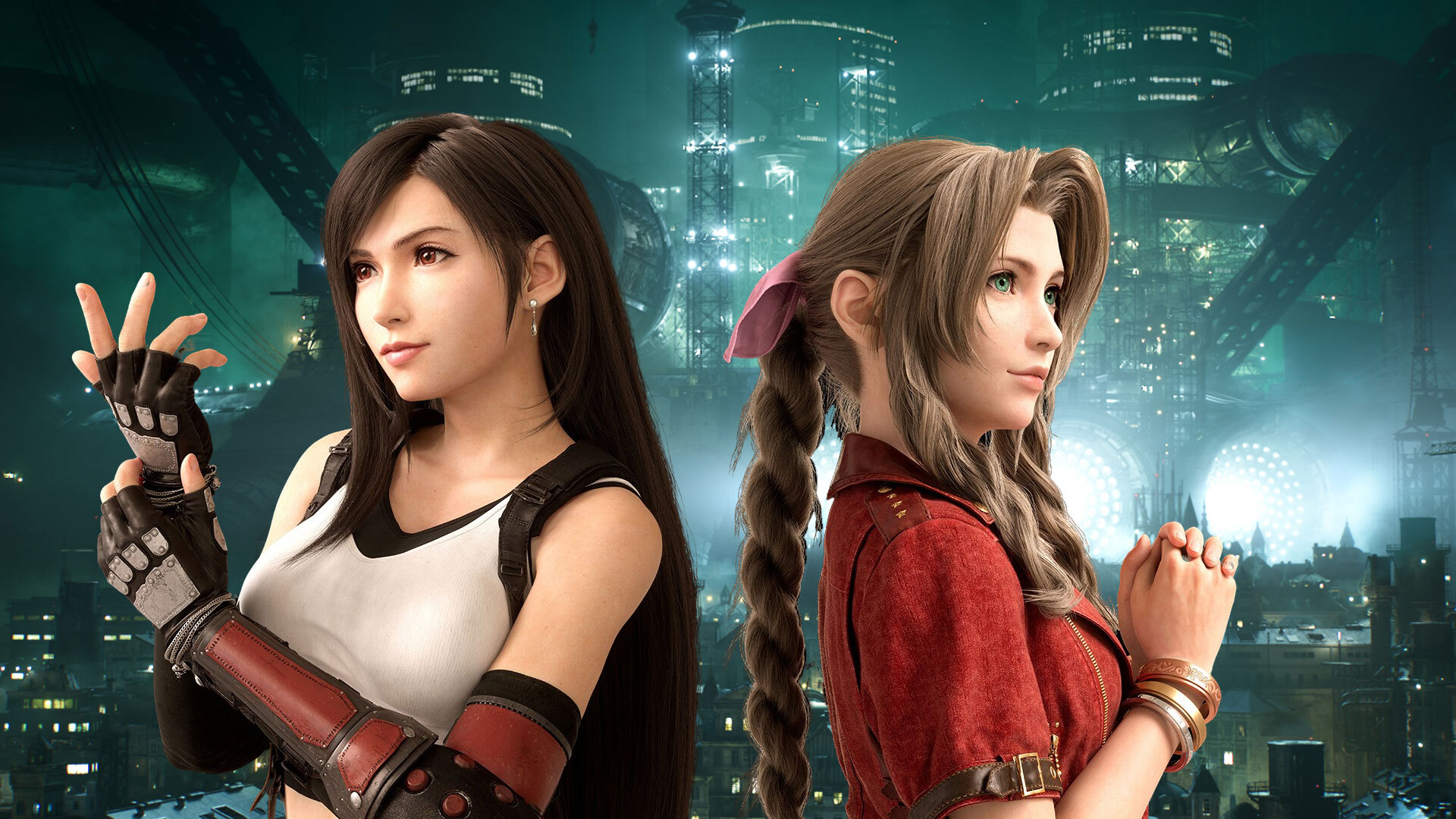
Part one of our Final Fantasy 7 Remake interview with Britt Baron and Briana White: How the actors behind Tifa and Aerith got into character and gave voices to icons of the industry.
Speaking to Briana White, whose performance as Aerith Gainsborough in Final Fantasy 7 Remake represents her first major voiceover role, it's interesting to get a alternative perspective. "It was very different from the traditional film and TV action that [I've done], but the directors made sure that we got absolutely everything that we could possibly get. Whether it was listening to other actors recorded lines before we completed a scene, watching something we needed to watch, or even just a discussion beforehand about the context and settings... anything we needed to give the right performance, we had it," she tells me, keen to note that some aspects of the job came a little easier than others.
"You know, I find this so funny. Based on the reactions that I got, I think I am, weirdly, naturally talented at battle barks," White continues, discussing the commands characters shout out during combat to bring information to the player's attention even as sparks and spells are flying. "Even though I had no experience in creating them, I just naturally knew how they should sound. I was able to go in there and pretty much nail it right away. In contrast, dialogue was something that was really challenging for me, because Areith's voice really does have this sort of crystal clear quality to it. And technically speaking, it's very hard to maintain that over a really long session. So I would have a lot of trouble with dialogue... but the battle cries? No problem. I would do battle barks and the directors would ask, 'have you done this before?' And I'd say, 'no, I swear!' I mean, I play a lot of video games, so maybe that has something to do with it? And they're like, 'noooo….'" she says, laughing.
Speaking of differences between shooting for TV and movies versus video games, Baron is in a good position to compare and contrast. She is, after all, known for her starring role in GLOW as Justine Biagi. "They are completely different processes. In one of them, I have to sit in hair and makeup for three hours and then sit in my trailer for 45 minutes waiting to go on set, [...] especially for something like GLOW. I mean, those girls... it takes forever getting that wrestling makeup done," she says, adding that "what's interesting about doing something like Final Fantasy 7 Remake is... you walk into a booth and you are completely alone. I mean, I didn't even meet Briana until a few weeks ago at PAX East."
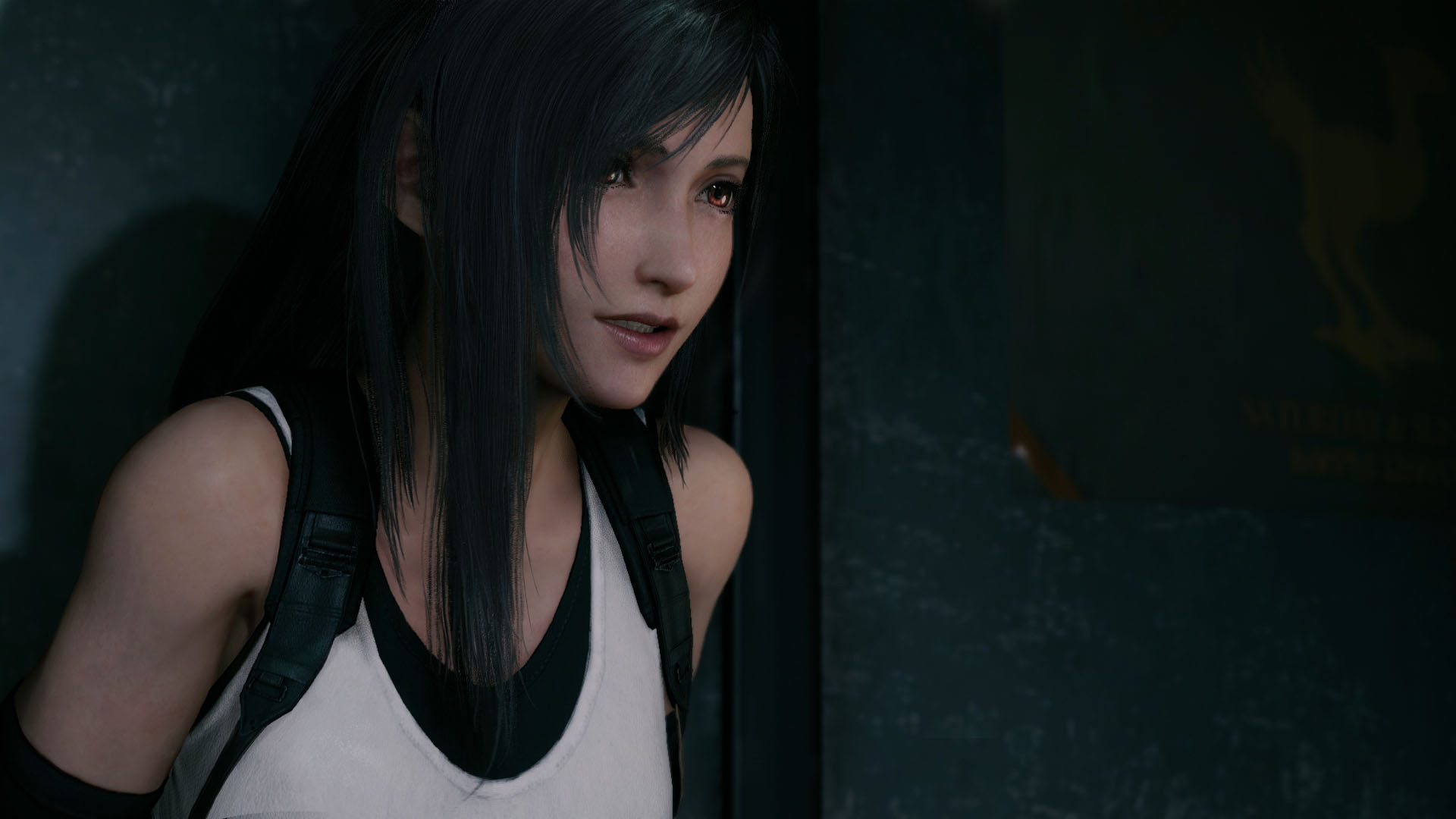
"You really have to strengthen that cold reading muscle and be confident in your character, because you're making choices on the fly."
Britt Baron
Getting context from the directors was a key part of the process, as the actors had to record scenes out of order. This is a familiar state of affairs when filming entertainment – scenes in television and film are often shot out of order, for a variety of reasons such as timing, lighting, and availability – but the added challenge of working on something like Final Fantasy 7 Remake comes into play for the cast as they weren't provided scripts in advance. "That's the kind of crazy part about doing voice overs," Baron continues. "Video games, especially, are so top secret. I don't get a script ahead of time, I don't get any lines ahead of time. So you really have to strengthen that cold reading muscle and be confident in your character, because you're making choices on the fly."
"We go into a booth, we look at a TV screen that's matched up to our director's computer with a script in an Excel document and then we jump all over the video game. I think that's one of the biggest misunderstandings," Baron continues as we discuss how people probably believe video game VO is recorded versus the reality. "I don't even know the full story from start to finish; I get it fragmented as we go. That's why I'm excited to play the game, because you don't get a full understanding of the story by just recording it. You jump all over the place, so it's hard as an actor. But it kind of makes me even more excited as a consumer, because it's not like I've got to read this script from start to finish with this. It's kind of like putting all these different puzzle pieces together."
White is keen to stress that whatever they needed to complete a scene, no matter how challenging, Square Enix was willing to move mountains to make it happen. "If that had been, you know, 'we have to get these two actors in the room', I'm sure that they would have found a way to do that. But that didn't end up being necessary," she tells me. "As we're discovering with the current crisis, digital connection is more important than ever… you don't have to be in the same room with someone to be able to connect with them."
For voice actors, how people perceive their performance once it is out in the wild is largely out of their control. But the cast of Final Fantasy 7 Remake was faced with the unique challenge of achieving a task that many had believed to be impossible – to bring characters that had once existed in the imagination to life on screen. It would be difficult to argue with the assertion that they have succeeded in this endeavour. Final Fantasy 7 Remake is full of fantastic performances; Tifa and Aerith among the standouts.

How has the game changed since 1997? Here are the biggest Final Fantasy 7 Remake differences. If you're looking for clarity on the game's closing moments, we've also got a spoiler-filled feature on the Final Fantasy 7 Remake ending.
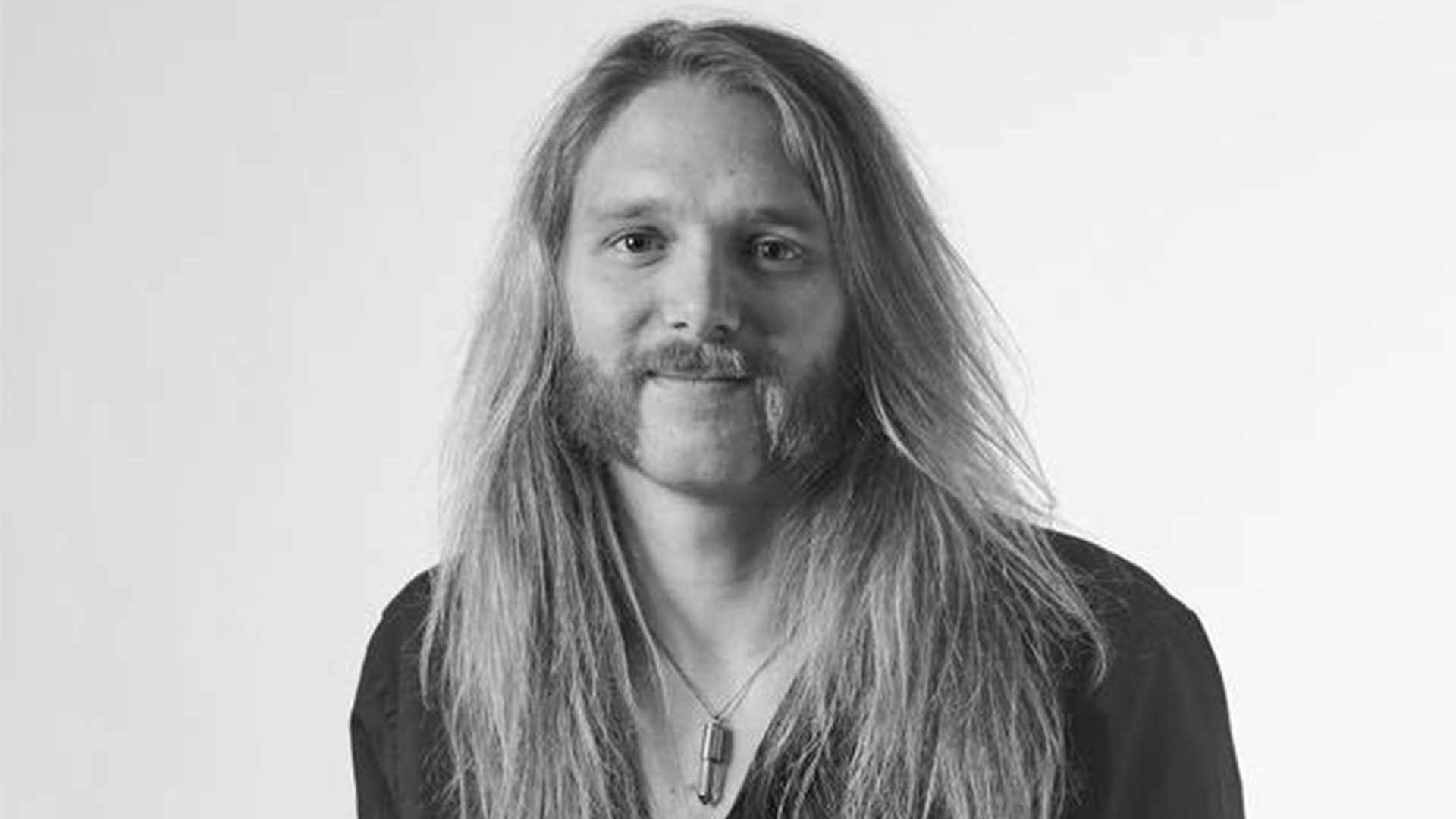
Josh West is the Editor-in-Chief of GamesRadar+. He has over 15 years experience in online and print journalism, and holds a BA (Hons) in Journalism and Feature Writing. Prior to starting his current position, Josh has served as GR+'s Features Editor and Deputy Editor of games™ magazine, and has freelanced for numerous publications including 3D Artist, Edge magazine, iCreate, Metal Hammer, Play, Retro Gamer, and SFX. Additionally, he has appeared on the BBC and ITV to provide expert comment, written for Scholastic books, edited a book for Hachette, and worked as the Assistant Producer of the Future Games Show. In his spare time, Josh likes to play bass guitar and video games. Years ago, he was in a few movies and TV shows that you've definitely seen but will never be able to spot him in.


